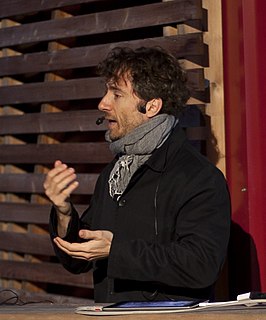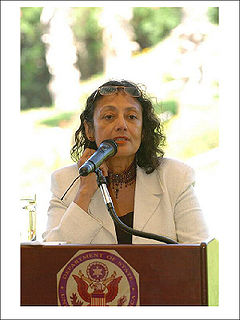A Quote by Kevin Kwan
I wanted to introduce a contemporary Asia to a North American audience.
Quote Topics
Related Quotes
In North America, what happens often is that they put race before nationhood. Everyone here is Hispanic-American, Chinese-American, African-American. But really, we're just North Americans of all these different descents. The only time I notice North Americans becoming national is when a war happens or a crisis happens.
I am very happy here [on Cuba], but I feel I have work to do in the United States. It's where I can identify with the total world struggle for socialism. But I think as a North American, as a Black North American, I have certain understandings - certain contributions - to make that are unique to the North Amerian experience.
There may be countries [where] there's no gender inequality in schooling, even in higher education, but [where there is] gender inequality in high business. Japan is a very good example of that. You might find cases in the United States where at one level women's equality has progressed tremendously. You don't have the kind of problem of higher women's mortality as you see in South Asia, North Africa, and East Asia, China, too, and yet for American women there are some fields in which equality hasn't yet come.
The Latin American has no tribe to fall back on, as the African does, no reliable judiciary to defend his rights as the European does, no social ideal or sacred constitution as the North American does, no pervasive mythology to soften life as it does in Asia, and no even an ideology to subscribe to, as does the Russian or Chinese. Without wealth, what is there left to him but his manhood, to be flaunted and defended at every occasion?
Imprisoning philosophy within the professionalizations and specializations of an institutionalized curriculum, after the manner of our contemporary European and North American culture, is arguably a good deal more effective in neutralizing its effects than either religious censorship or political terror






































